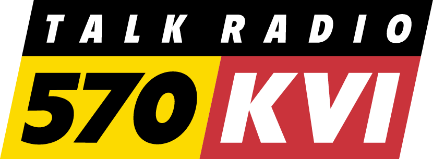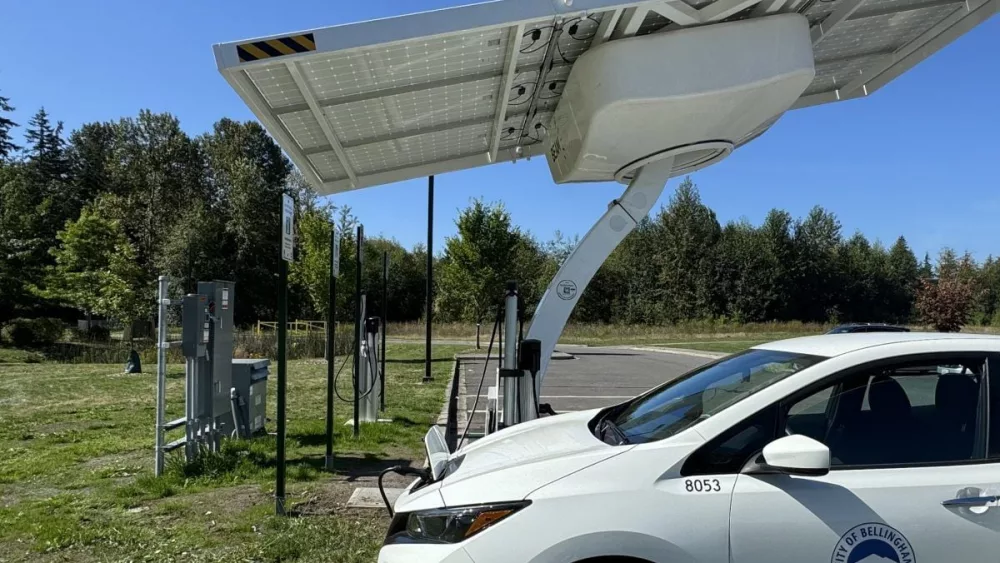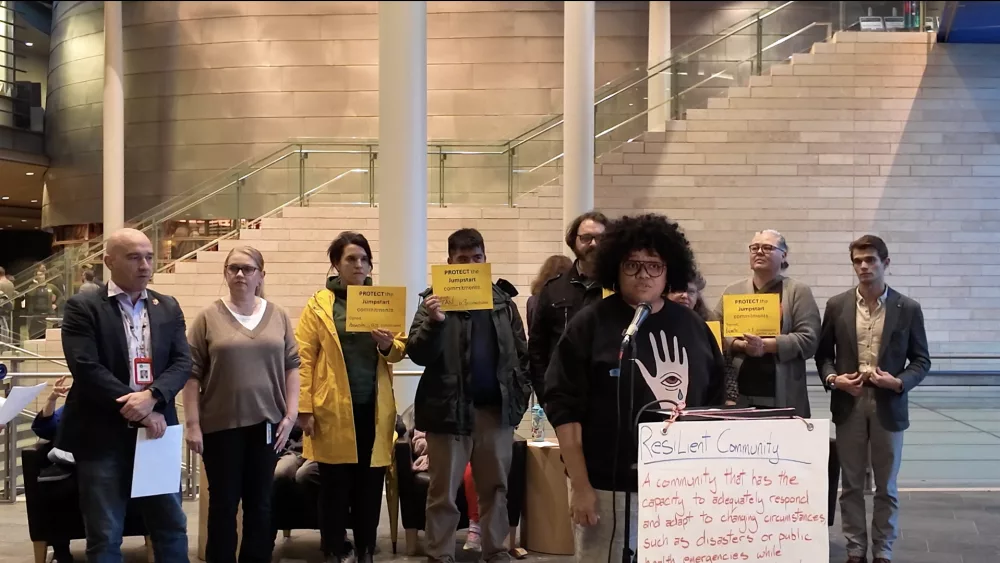(The Center Square) – Washington’s 18 public charter schools say they’re getting a raw deal when it comes to education funding.
That’s the argument behind legislation to allow charter schools access to the same grant programs that traditional public schools receive. The measure would also offer enrichment funds to charter schools if voters in that district approve a local levy. Charters are currently excluded from levy equalization dollars.
Sen. Mark Mullet, D-Issaquah, is the prime sponsor of Senate Bill 5809.
“We’re just trying to say is there something we can do financially for these charter schools so they’re able to have a more sustainable chance at success,” he said.
During a public hearing Wednesday on the bill, Marcus Harden with Why Not You Academy, a charter high school in Des Moines, testified in support of the legislation.
“We want to do what’s best for all, and we know charter schools serve more students from the global majority, more diverse students and those with special needs,” he said. “What I know for sure, public means public and it means for all.”
Rochelle Jeffries is a junior at Why Not You Academy.
“As a high achieving African-American young woman, I struggled with finding a school that valued my desired path for learning, which is hands on,” she said. “They create a personalized learning plan for each student.”
She continued, “Why Not You needs additional resources and not having consistent resources makes it very difficult for all charter schools.”
Speaking against the bill was Julie Salvi from the Washington Education Association, saying “WEA has a long-standing position in opposition to specialized funding streams for charter schools.”
WEA lobbied against the establishment of charter schools for many years until voters passed an initiative to allow a limited number of charter schools to open. WEA later filed lawsuits trying to shut them down. Those efforts were not successful.
Washington’s 18 public charter schools serve more than 5,200 students, according to the Washington Charter Schools Association, with 62% of students identifying as “Global Majority,” a collective term for anyone who is non-white. Forty-two percent of charter school teachers also identify as being from the “Global Majority,” whereas that figure is 13% in traditional public schools statewide.
“Charter schools have always been underfunded and these schools are taking on some of the most challenging students, with disabilities and other special education needs, they are handling these kids and doing it effectively and we ought to be funding them properly,” Sen. John Braun, R-Centralia, told The Center Square.
There was no committee vote on the bill following public testimony.





